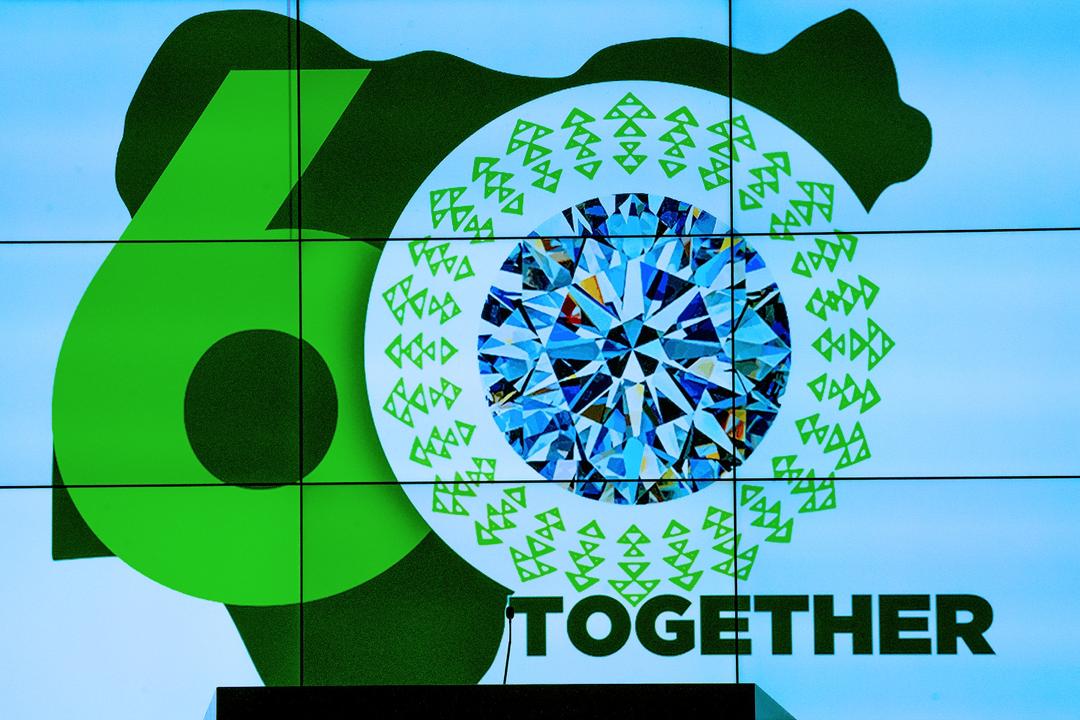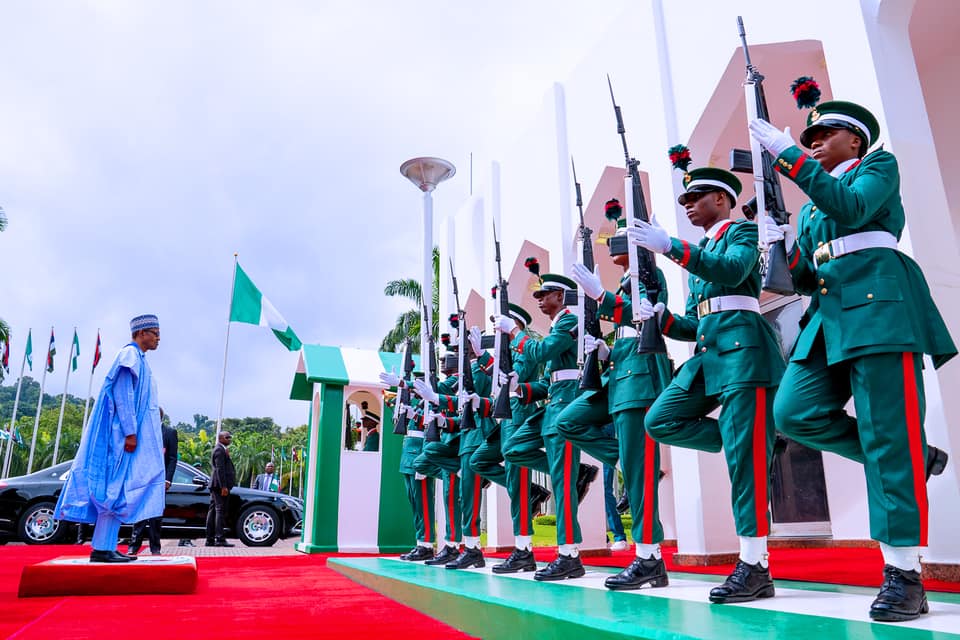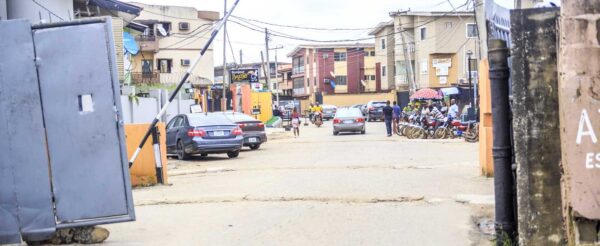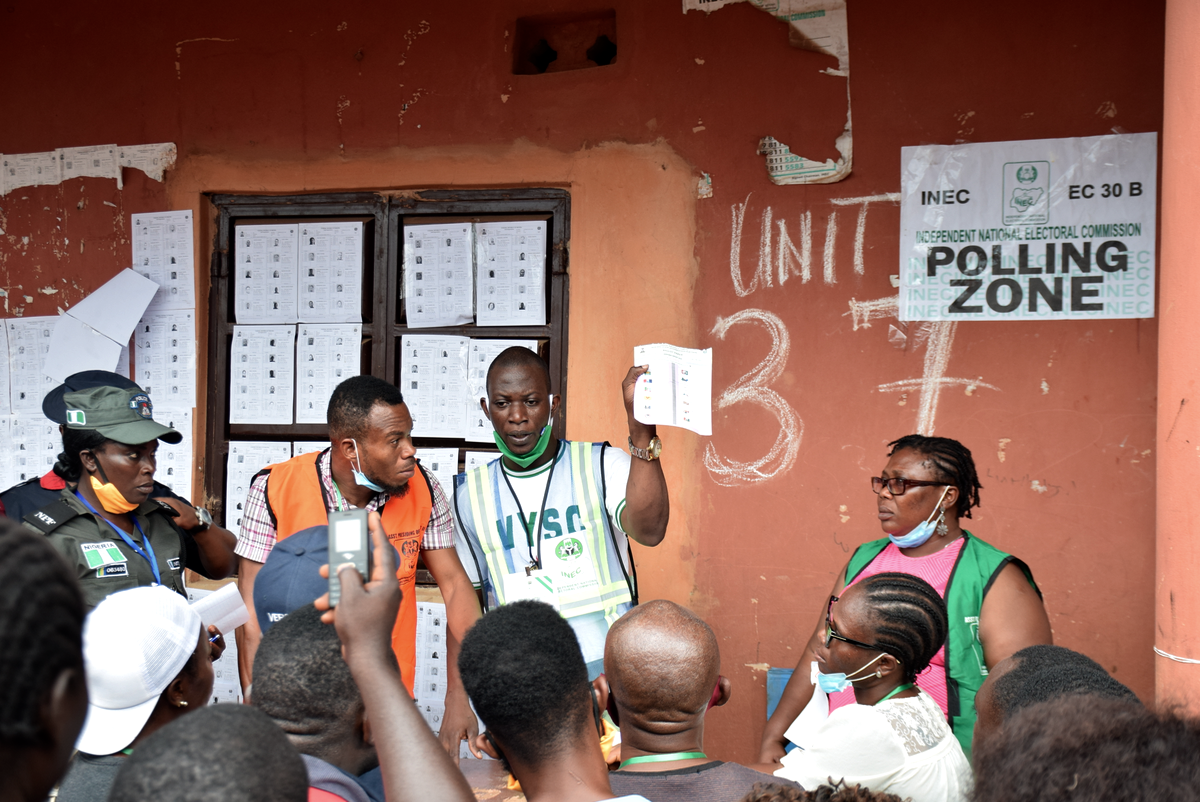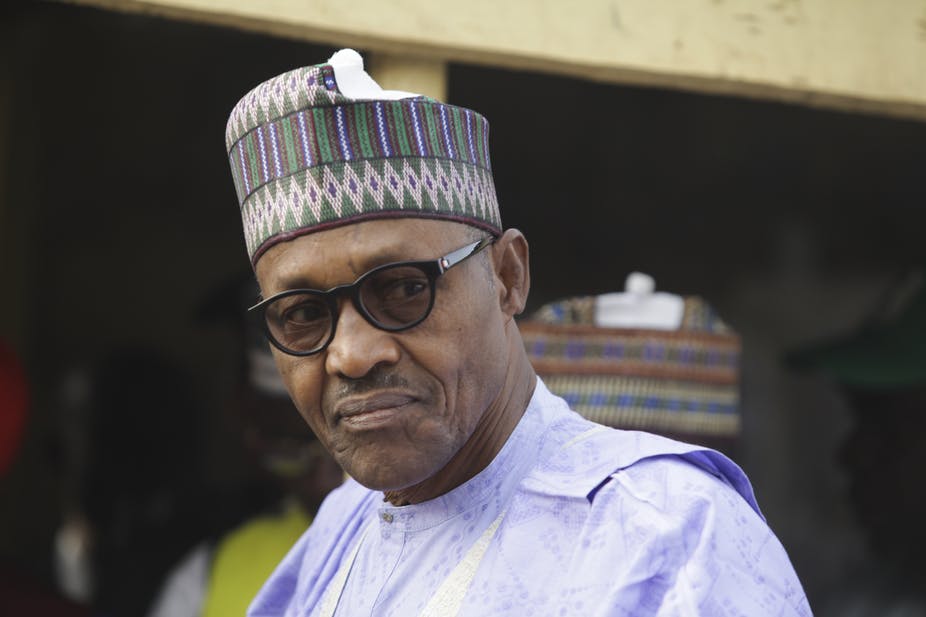Surely, 60 years is a significant number in the life of an individual and also that of a nation. It is therefore apposite that it is also a time for stock taking. A time to check how far we have come as a people: Are our people living well? Are our children in good schools? Can we feed ourselves? Is the generality of the people having adequate health care? Are our lives and property secure? Are we bequeathing a good future to our children and grandchildren? These and more questions are bound to agitate the minds of reasonable people at times like this.
In 1960, when Nigeria gained independence from the British, the Gross Domestic Product of Nigeria was $4.196 billion. By 2019, it was $448.10 billion. Even after you discount for inflation over the intervening years, many Nigerians will tell you that the QUALIITY of life in Nigeria in 1960 is better than what it is today.
We have also grown our population in a senseless way. We were 45.14 million in 1960. Today, we are about 200 million people. How to cater for this huge population is a challenge to government at all levels. And with competence and creativity alien to our governments, it obvious that we are in for a very long and rough ride.
It is therefore no surprise that Nigerians have, in the past week, been taking inventory of our life as a nation. There are surely many things we can be proud we have achieved as a nation in the past 60 years. I think that we survived the civil war that took place from 1967 to 1970 is easily our most outstanding achievement as nation.
Advertisement
Not many countries have fought civil wars and came out still one country. Many times, they become fragmented into smaller and largely inconsequential entities. There are many examples in Europe and Africa.
The June 12 crisis which we also survived is another thing we should be proud of. This was a crisis that was engineered by the Babangida regime. It was a regime that used perfidy as a fundamental principle of state policy. A thoroughly dishonest government, its head, General Ibrahim Babangida, never wanted to relinquish power. They therefore embarked on an elaborate deception; deceiving the Nigerian people on their intent to leave power when they had no such intention. And when they dribbled themselves into a cul de sac by virtue of the successful presidential election of June 12, 1993, they displayed a complete lack of compunction and went ahead to annul the election that was adjudged substantially free and fair.
Chief Moshood Abiola, the winner of that election, was put in detention for several years and died while in the custody of government. His businesses were ruined. His family was put in disarray. Many Nigerians suffered similar fate.
Advertisement
Of course, that singular decision plunged the country into a crisis the like of which it had never seen since the end of the civil war in January 1970. There were strikes. Pro-democracy agitators were jailed and some killed. The odious regime of General Sani Abacha came about and many of us are living witnesses to the horrors that government unleashed on the county.
The June 12 horror movie was only partially brought to an end with the coming of the civilian administration of Obasanjo in 1999. Till today, the wounds of that period are still acutely felt by families who lost their loved ones and those who were unjustly incarcerated and many whose means of livelihood were ruined.
It is a remarkable testament to Nigeria’s durability that the June 12 crisis did not break up the country. Not many countries could have survived the stress and test that we went through during those dark days.
Sadly, many of the inheritors of power after the military vacated the scene lacked the capacity of the burden that leadership placed on them. They came to power in 1999 and subsequent election cycles completely oblivious of the sacrifices that were made to get them to where they found themselves.
Advertisement
It is therefore no surprise that after 21 years of the coming of the 4th Republic, our people cannot boast of a government that has their interest at heart. All they see around are so-called big men and women with a retinue of aides and security officials far from the people. They go about in fanciful cars and drive shamelessly through decrepit roads. They go through filthy towns and villages without any sense of shame. They do not dream of how to make their society a better. Corruption has been engraved in the hearts and souls of many of them. Party differences is no impediment to reach out illicitly to the common till. Such officials can be found at all levels of government: federal, state and local.
In spite of the Buhari administration’s commendable efforts at addressing the infrastructure deficit in the country, the only honest opinion in this regard is that the infrastructure profile of Nigeria is a disgrace. Our roads are in shambles. Rail transportation is anachronistic. We have electricity supply that rivals that of that of the most backward nations on earth. We can go on and on.
Then there is the endemic problem of insecurity: Kidnappings, banditry and terrorism of the Boko Haram variety are in full force. The security agencies seem overwhelmed. How can the country develop when there is no security of lives and property?
Unfortunately, the country is very divided at this point in time. There is plenty of noise in many quarters on why the country is no longer a viable proposition. A lot of Nigerians seem not to faith in their country anymore. I think it is the duty of government to reassure the people of the viability of the Nigerian Project through preachments, but more so through its actions. If people feel a sense of alienation, no matter what you say to them, they will not be reassured. Skewed top government appointments don’t engender any sense of belonging.
Advertisement
How do we build a sense of patriotism in the younger generation? Is there any incentive for them to be patriotic? What they see around is that it pays to game the system. The more brazen you are, the more likely that you will succeed and the more respect you are likely to get! In Nigeria, crime pays. Big time. We have to make corruption in whatever form very unattractive . That should be the beginning of restoring us to the normal order of things.
When you look at the quality of manpower we are churning out of our various institutions of higher learning, you cannot but be worried. The good ones are the exceptions. The capacity to think is clearly absent in many of our younger ones. They lack the capacity to engage their parents in intellectual discourse. A society cannot successfully develop with such a profile. A BBNaija generation is not likely to lead us to the promised land.
Advertisement
Something urgent needs to be done to make ourselves and our children believe that this country can and must be better. That should be our resolve as we enter the seventh decade of nationhood.
Advertisement
Views expressed by contributors are strictly personal and not of TheCable.

